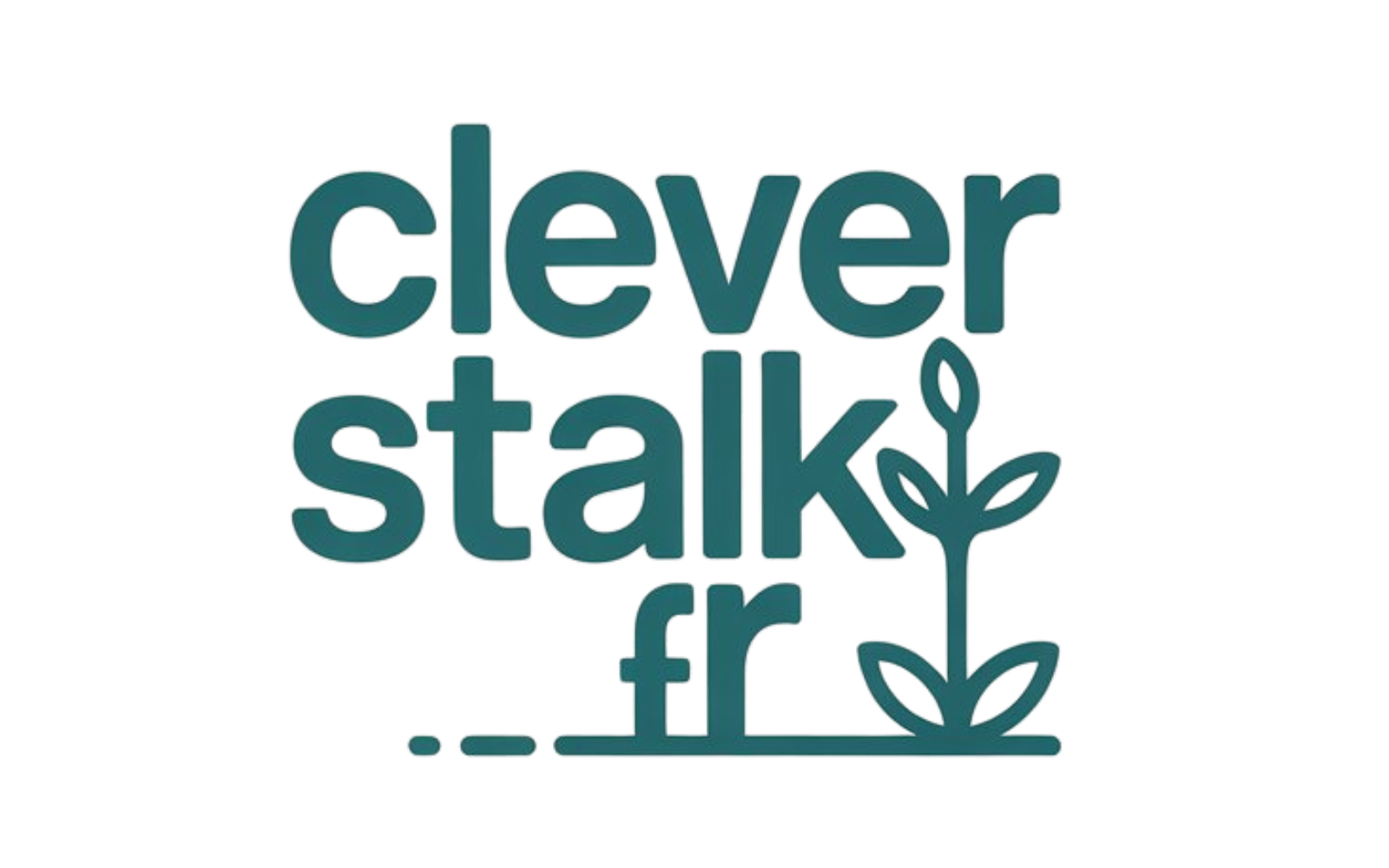Are you tired of being cornered by someone who always turns the blame around? Maybe you typed into your search bar trying to find the right way to respond without sounding cruel or dismissive.
You want to be firm but not mean, clear but not emotional. If that sounds like you, you’re in the right place.
This guide will give you dozens of ways to say how to respond to a narcissist playing victim.
Whether you need a polite workplace phrase, a casual way to talk to a friend, or an idiomatic way to express it in writing, we’ve got you covered.
Different settings call for different responses.
You wouldn’t use the same words in a professional email as you would in a private conversation.
That’s why this article breaks things down into formal, informal, idiomatic, and professional phrases.
Let’s dive in.
Formal Ways to Say How to Respond to a Narcissist Playing Victim
When the situation is sensitive, such as in therapy, mediation, or serious conversation, using calm and respectful language is key.
These formal alternatives work well in personal letters, counseling sessions, or emotionally intense situations.
- Acknowledge their feelings without endorsing their narrative
- Maintain emotional distance while listening
- Set boundaries respectfully and clearly
- Reflect their statements back with neutrality
- Avoid taking the bait when accusations are made
- Present facts without judgment
- Express concern for their pattern of self-victimization
- Stay calm and stick to the topic
- Emphasize mutual responsibility
- Use non-confrontational language to clarify your stance
- Politely question inconsistencies in their story
- Offer support without accepting blame
- Maintain dignity in your response
- Redirect the conversation to solutions
- Remain focused on facts, not emotions
- Avoid validation of manipulative claims
- Assert your own experiences without attacking
- Use structured conversation boundaries
- Speak with compassion but assert your truth
- Maintain a firm emotional posture
- Reject guilt-tripping attempts politely
- Avoid enabling self-pity
- Provide an objective summary of events
- Respond with empathy but no compliance
- Stick to your version of the truth
- Pause before replying to avoid reactionary words
- Keep communication respectful but factual
- Focus on shared outcomes
- De-escalate by staying neutral
- Use diplomatic language to challenge victimhood
Informal Ways to Say How to Respond to a Narcissist Playing Victim
In everyday chats with friends, relatives, or partners, casual words often feel more real. These responses work well when you want to keep the mood light while still setting a boundary.
- Don’t fall for the guilt trip
- Keep your cool and move on
- Tell it like it is, calmly
- Step back and let them rant
- Don’t take it personally
- Call out the drama gently
- Stay chill and hold your ground
- Give them space to cool off
- Drop the rope and walk away
- Be real but not rude
- Keep your vibe steady
- Don’t argue, just state your side
- Let them talk but don’t bite
- Say your piece and leave it
- Smile and change the topic
- Don’t let them drag you in
- Say, I hear you, but here’s my take
- Stand your ground without yelling
- Don’t match their energy
- Stay calm even if they twist things
- Keep the peace without caving in
- Laugh it off if it’s absurd
- Choose not to react
- Keep it light but clear
- Say no without drama
- Keep the convo short and sweet
- Say what you mean and move on
- Tell them you’re not playing along
- Stay kind but firm
- Let your silence speak sometimes
- Remind them of the facts without emotion
Idiomatic Ways to Say How to Respond to a Narcissist Playing Victim
Idioms are great when you want to sound more expressive. They work well in conversations, creative writing, or social media comments.
- Don’t take the bait
- Stand your ground
- Let it roll off your back
- Cut to the chase
- Call a spade a spade
- Draw a line in the sand
- Put your foot down
- Don’t feed the fire
- Nip it in the bud
- Stay one step ahead
- Hold your cards close
- Keep your cool
- Speak your truth
- Show them the mirror
- Take the high road
- Cut through the noise
- Don’t dance around it
- Throw cold water on the act
- Stick to your guns
- Keep them at arm’s length
- Let them stew in their own juice
- Hit the nail on the head
- Pull back the curtain
- Steer clear of the trap
- Call out the elephant in the room
- Don’t play their game
- Keep it above board
- Set the record straight
- Stay out of the mud
- Read between the lines
- Hold the line
Professional Ways to Say How to Respond to a Narcissist Playing Victim
These phrases are ideal for emails, meetings, or workplace conflicts. They let you be assertive and diplomatic at the same time.
- I acknowledge your concerns and would like to focus on solutions
- Let’s stick to the facts for clarity
- I prefer to address issues constructively
- I understand your point, here’s mine
- Let’s approach this objectively
- I’m open to feedback that’s solution-focused
- I’d like to keep this conversation respectful and productive
- I believe mutual accountability is key
- It’s important we avoid blame and stay results-driven
- I respect your view, though I have a different perspective
- I’m committed to resolving this collaboratively
- Let’s redirect to a shared outcome
- I would prefer to focus on actionable steps
- It’s helpful to consider all sides here
- I want to ensure a balanced dialogue
- This may be a miscommunication we can clarify
- Let’s avoid emotional assumptions
- I suggest we move forward professionally
- It’s best to keep the conversation focused
- I’d appreciate keeping the tone constructive
- My intention is clarity, not confrontation
- Let’s maintain mutual respect in this conversation
- I hear you, and I’d like to provide context
- I recommend addressing this with HR support
- I’d prefer we use fact-based dialogue
- This topic might benefit from a third-party mediator
- We should table this and revisit calmly
- I aim to contribute constructively, not defensively
- I’d like to keep our focus on next steps
- Let’s not personalize this issue
- It’s important we both feel heard and understood
Conclusion
Knowing how to respond to a narcissist playing victim takes practice, patience, and the right words.
The way you express your boundaries can shift the whole tone of the conversation.
Whether you’re being formal, casual, idiomatic, or professional, these phrases will help you stay composed and in control.
The more you use these alternatives, the easier it becomes to respond with confidence.
Pick the ones that feel natural to you and practice them in real-life situations.
With the right words, you won’t just protect your peace—you’ll steer the conversation in a better direction.

